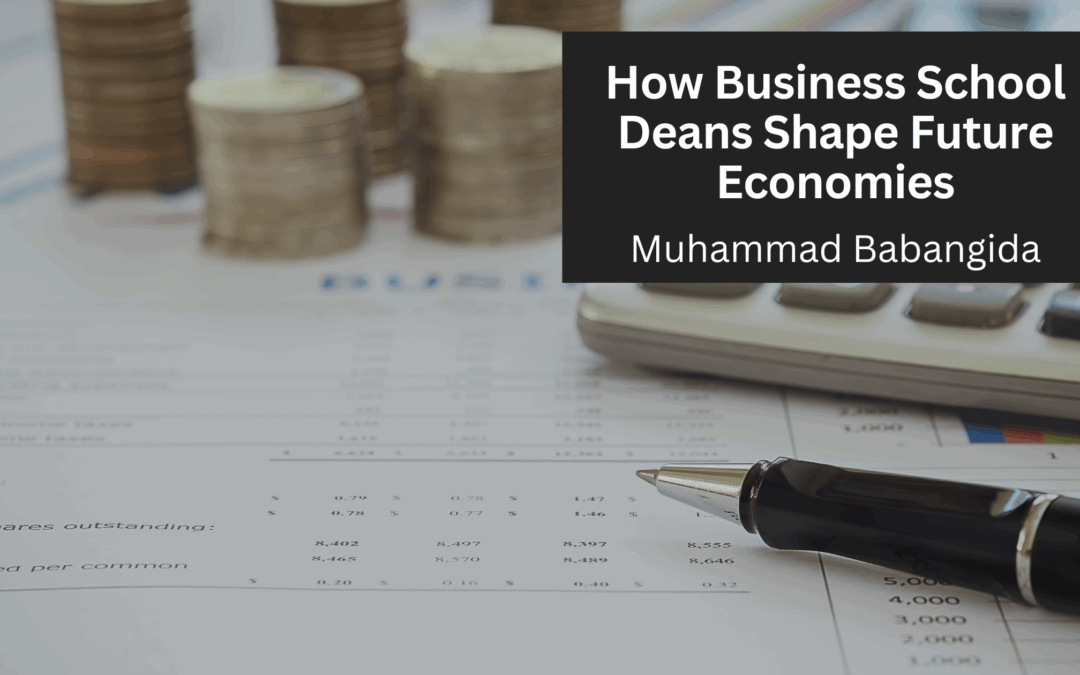Behind every successful business school is a visionary dean whose influence often stretches far beyond campus walls. In an age where innovation, ethics, and adaptability drive global markets, business school deans are uniquely positioned to shape not just future business leaders, but the economies those leaders will impact.
A business school dean sets the academic and strategic tone for the institution, determining what kinds of leaders the school produces. By influencing curriculum, faculty hires, and industry partnerships, they directly shape what students learn—and, more importantly, how they think. Whether the focus is on sustainability, digital transformation, or entrepreneurial agility, these decisions ripple outward, impacting how graduates eventually run companies, influence policy, and navigate global challenges.
Today’s deans are not just academic overseers—they are bridge-builders. They foster relationships with corporate leaders, nonprofit innovators, and government stakeholders, ensuring that what is taught in the classroom aligns with the real-world skills needed in modern economies. This active dialogue helps keep education relevant and anticipatory, rather than reactive.
Moreover, deans have the power to incubate innovation. By investing in research centers, startup accelerators, and global exchange programs, they create environments where new ideas are born and tested. These initiatives often become catalysts for economic growth—launching new companies, developing cutting-edge technologies, and influencing industry standards.
In addition to innovation, deans increasingly emphasize values like equity, social impact, and ethical leadership. By integrating these principles into business education, they help produce leaders who not only drive profits but also address pressing global issues—from climate change to income inequality. This shift toward purpose-driven leadership plays a crucial role in fostering healthier, more inclusive economies.
Finally, business school deans shape economies through global influence. Graduates of top programs often go on to lead multinational firms, advise governments, and found impactful organizations. The values and strategies they carry into the world are seeded in their formative business school years—guided by the vision of their dean.
Conclusion:
Business school deans are powerful stewards of economic potential. Through curriculum design, global collaboration, and values-based leadership, they prepare students not just to succeed, but to transform the world. In many ways, the future of our economies begins in the dean’s office—where vision meets education and shapes tomorrow’s markets.
